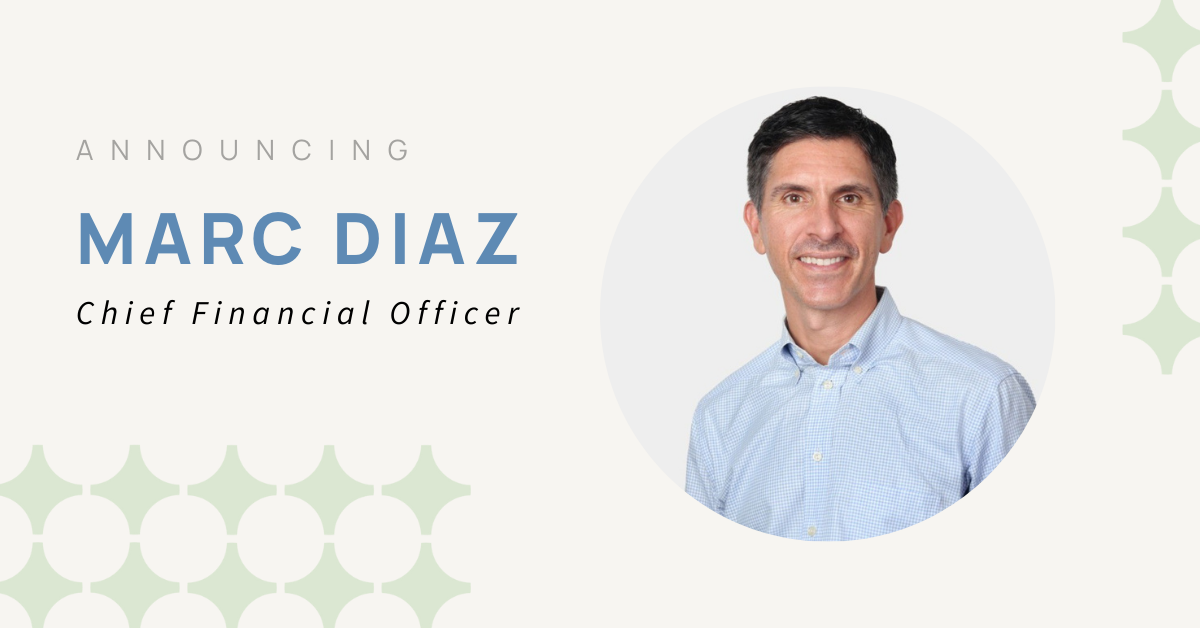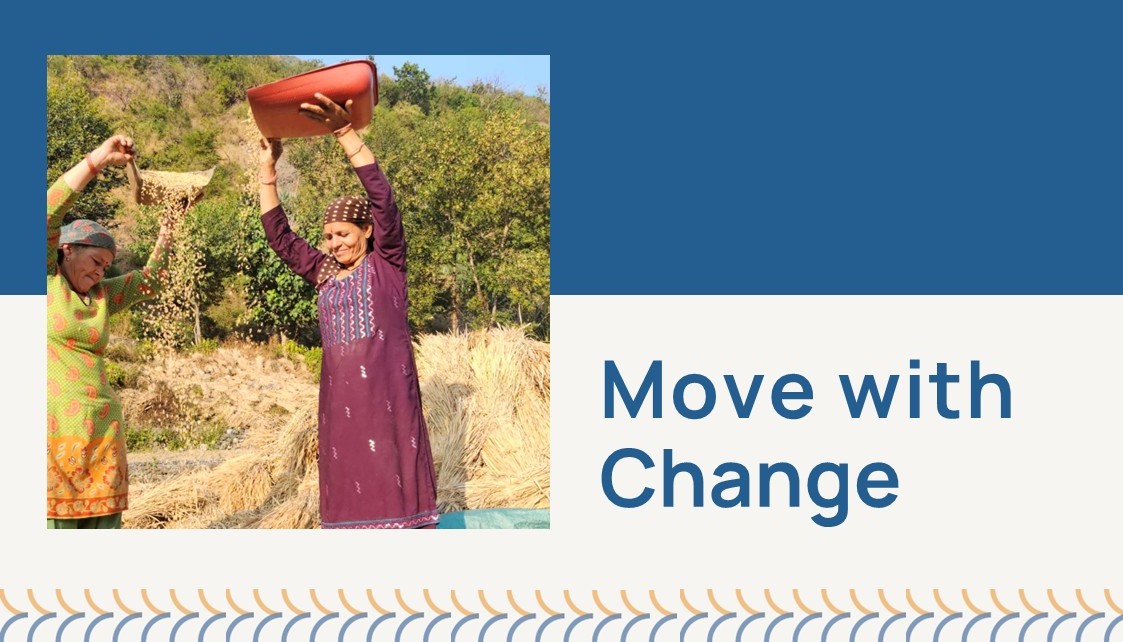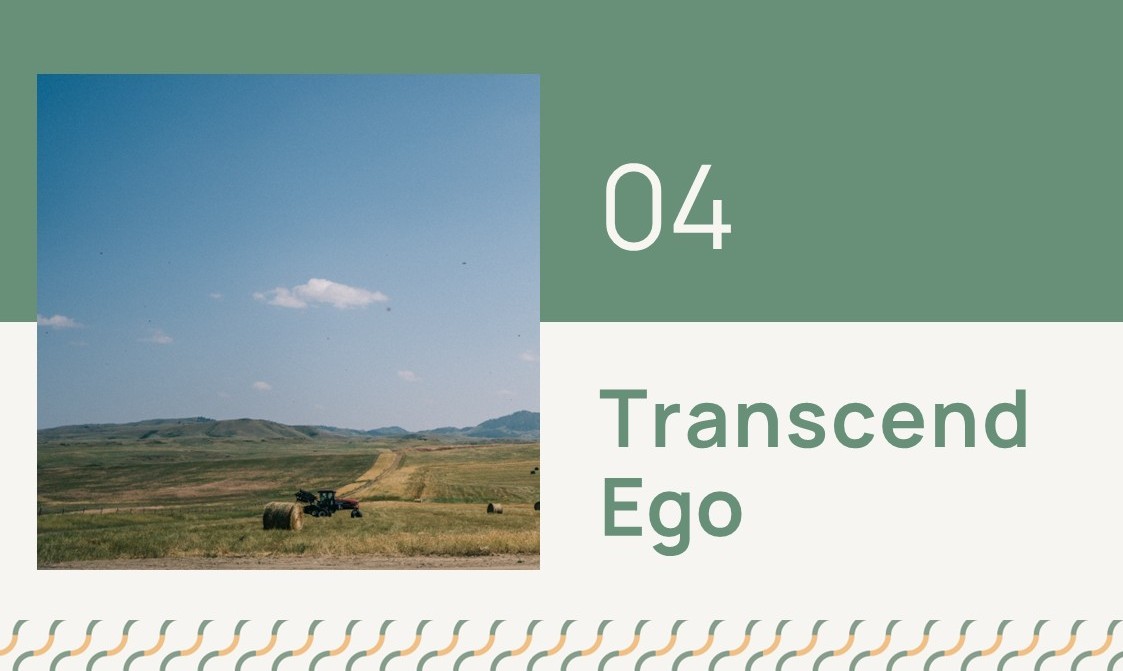Throughout our 40-year history, we’ve supported dozens of social enterprises dedicated to bringing sustainably sourced and ethically produced products to consumers like you. From food companies that use regenerative agriculture techniques and pay farmers fairly to wellness businesses crafting all-natural remedies, these social enterprises are determined to deliver high-quality products created in harmony with people and planet.
Read on to learn more about a selection of these social enterprises… and find out where you can purchase their products!
- 88 Acres
- All Good
- Apothékary
- Better Chew
- Beyond Good
- Cooperative Coffees
- Diaspora Co.
- Donkey & Goat
- Lotus Foods
- Masienda
- Saffron Road
- Sea to Table
- Shea Radiance
- Viva Farms
- Yerba Madre
Current borrowers
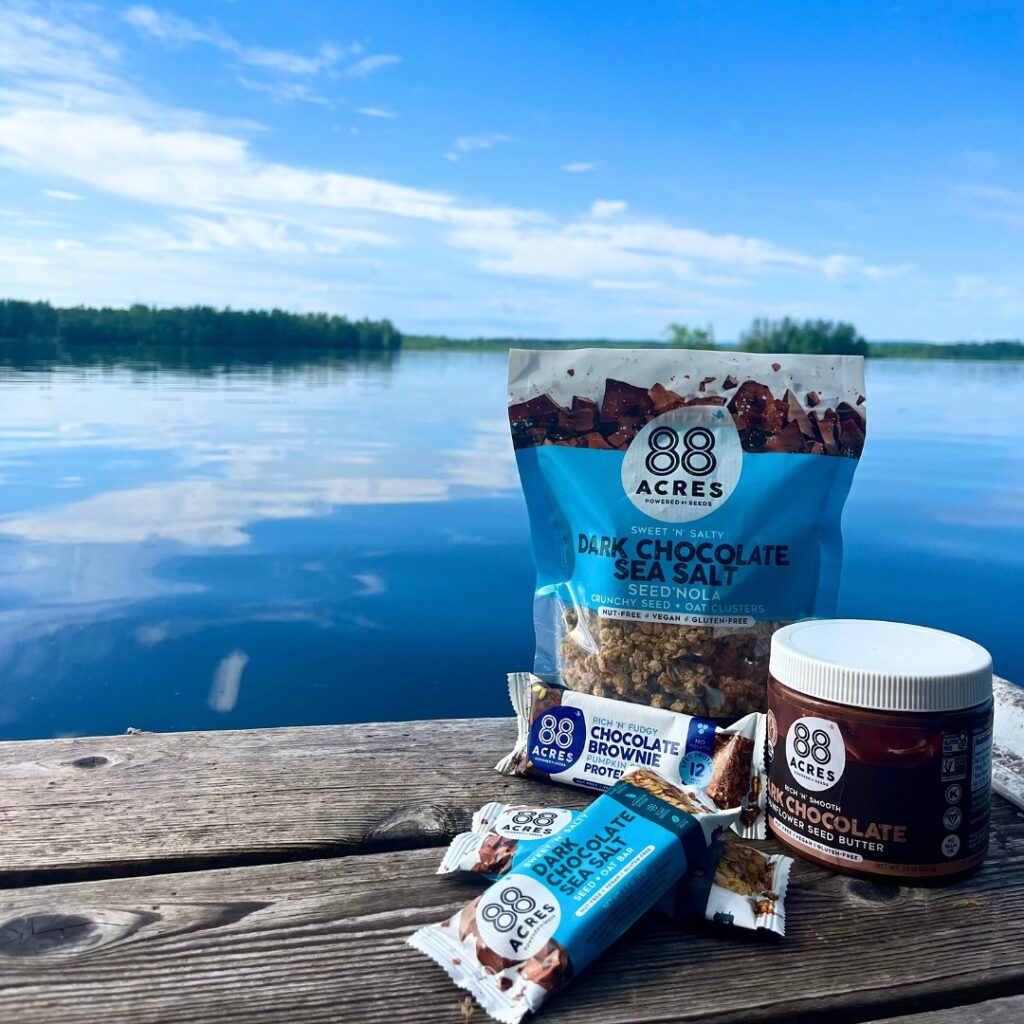
88 Acres
88 Acres is a Boston-based food company that thoughtfully crafts bars and butters with whole seeds and simple ingredients. Their mission is to celebrate food, never compromise, and find balance.
Their thoughtful approach is reflected in the way that they produce their food: rather than working with a contract manufacturer, 88 Acres partnered with a neighborhood economic development group and a local food startup accelerator to build a small-scale bakery that creates neighborhood jobs.
RSF teamed up with fellow mission-driven lender Walden Mutual Bank to help 88 Acres expand production and fulfill large contracts – including a major partnership with Delta Airlines that is helping them double in size.
88 Acres sells all-natural and allergen-free bars, butters, granola, and more.

Apothékary
Apothékary creates clean, effective herbal remedies that target the root causes of health imbalances. Blending ancient Eastern medicine with modern nutritional science, they create high-quality products from sustainably sourced ingredients that are free from chemicals and synthetic additives. With a focus on preventative care and holistic healing, Apothékary empowers people to take control of their well-being through natural, personalized solutions.
Apothékary has experienced tremendous growth over the past few years, and expects that trajectory to continue. In January 2025, RSF partnered with Walden Mutual Bank to offer Apothékary a line of credit – financing that will help this all-natural business expand its holistic and human-centered approach to wellness.
Apothékary sells all-natural tinctures and formulas that promote sleep, energy, healthy digestion, and more.
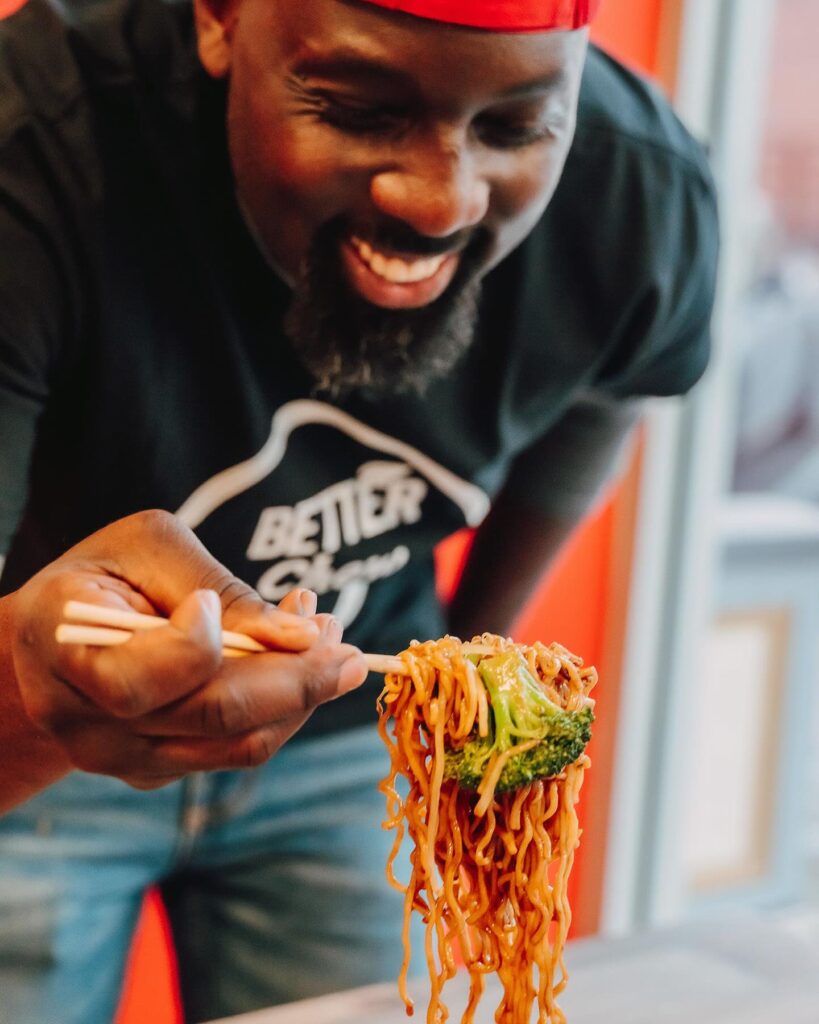
Better Chew
Retailing under the brand name Better Chew, Something Better Foods is a purpose-driven plant-based food company that has produced over 500,000 pounds of plant-based meats.
Founded and led by award-winning Black chef GW Chew, Better Chew is committed to democratizing access to healthy food in underserved communities and are dedicated to plant-based food solutions that are affordable and accessible to all people. RSF financing helped Something Better consolidate their existing loans into a single loan at a better interest rate, freeing up more money to invest in developing healthy plant-based products.
Better Chew sells a line of meat-free chicken, beef, and pork alternatives.
- Buy from a local store (currently California only)
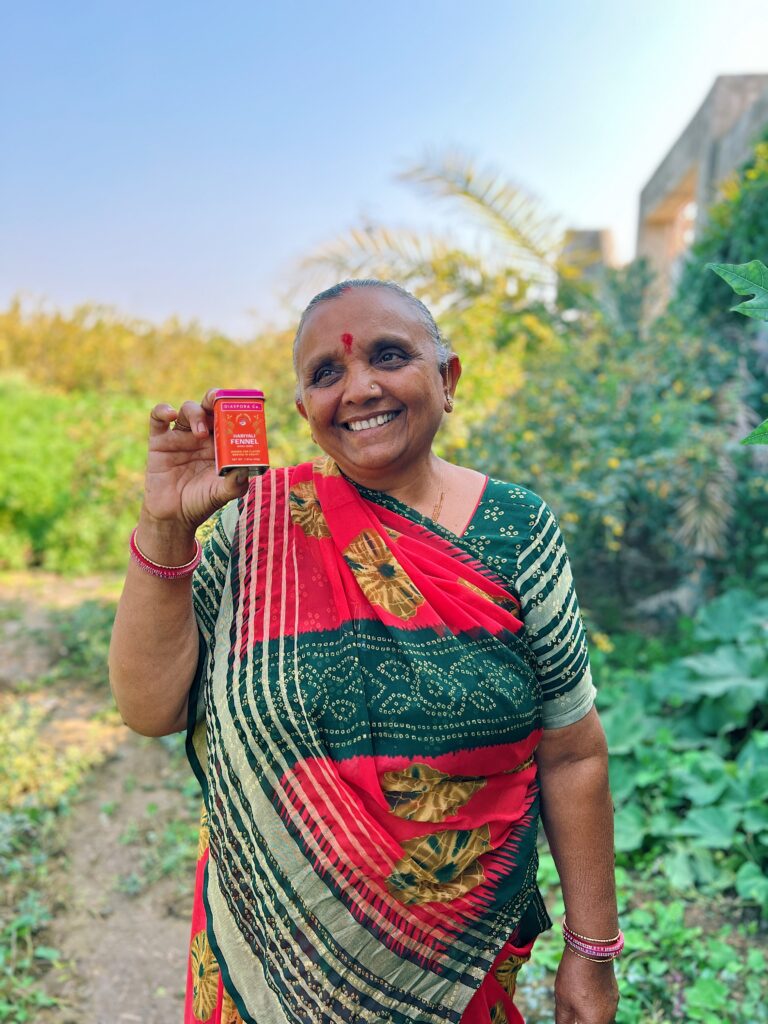
Diaspora Co.
Diaspora Co. is growing a better spice trade by sourcing the highest quality spices directly from smallholder farmers in India and Sri Lanka – and making sure those farmers get paid three to five times the commodity price.
By cutting out middlemen and industrial farms, the Diaspora model promotes small-scale regenerative agriculture, encourages better pay for hardworking farmers, and guarantees consumers higher-quality spices – undoing the impacts of the colonial spice trade with every harvest. RSF working capital is making sure Diaspora has access to the money it needs to fuel a period of exceptional growth and expand their model to even more farmers across India and Sri Lanka.
Diaspora sells whole spices and blends, tools, apparel, and more – with a cookbook arriving in the spring of 2026!

Donkey & Goat
Donkey & Goat is a natural winery based in Berkeley, California, known for its sustainable and minimalist approach to winemaking. They source grapes from responsibly farmed vineyards across California and use only native yeasts for fermentation. Their wines are crafted without additives or commercial enzymes, using vessels like wood, concrete, and clay instead of plastic. RSF provided the winery with working capital to help support their growth and ability to purchase grapes from vineyards.
Donkey & Goat’s natural wines are bright, food-friendly, and reflect the character of their California terroir.
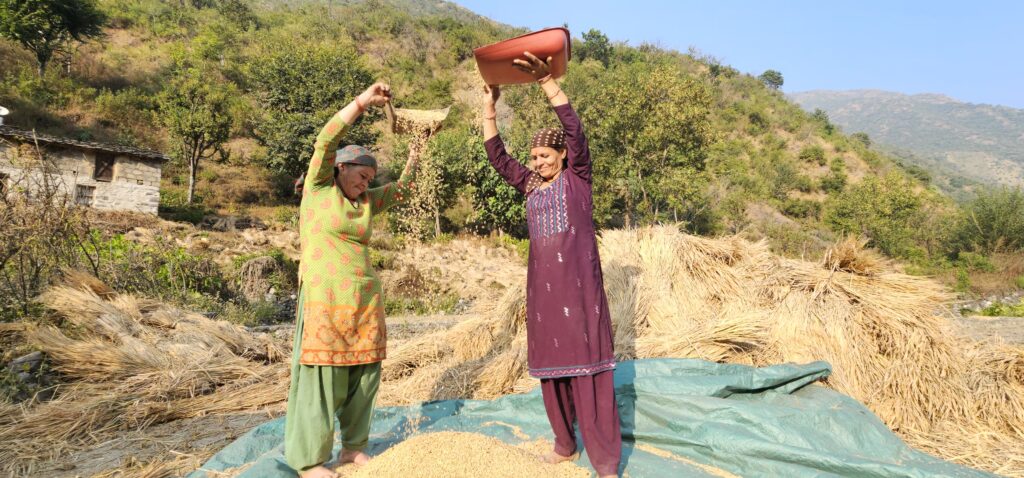
Lotus Foods
Lotus Foods promotes rice farming practices that simultaneously mitigate climate change, promote farmers’ resilience, and empower women.
Their vision is to change how rice is grown around the world. They accomplish this by sourcing rice from smallholder farmers, giving them access to international markets, and paying organic and Fair Trade premiums to increase incomes and attract the next generation. RSF has supported Lotus Foods through both challenges and periods of growth with a line of credit since 2013.
Lotus Foods’ line of products include rice, ramen, rice noodles, heat and eat pouches, and delicious ramen soup cups.
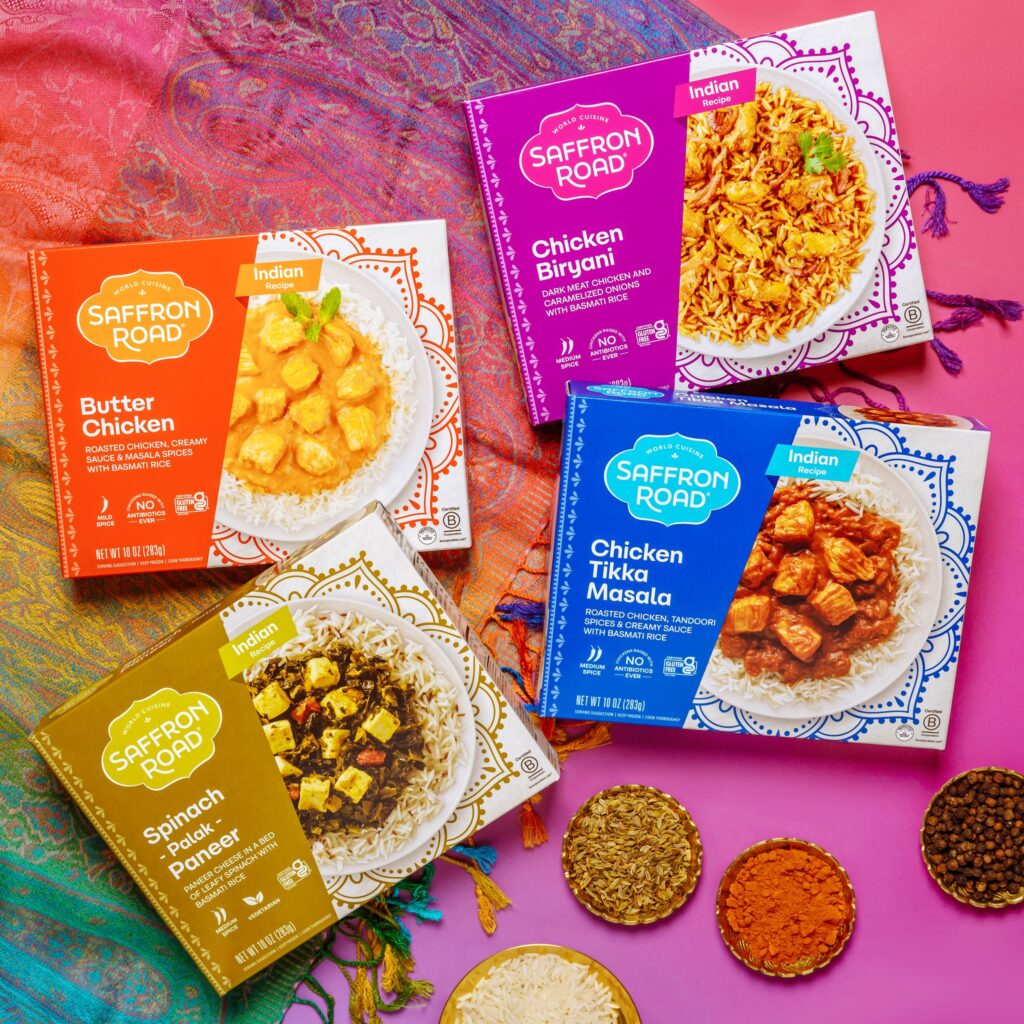
Saffron Road
Saffron Road believes that traditionally pure foods can be a mindful platform to compassionately inspire and inclusively connect diverse cultures. Through its Saffron Road brand, American Halal Company offers GMO-, antibiotic-, and hormone-free products that are certified Halal, Kosher and gluten-free. RSF financing has provided them with the working capital they need to grow their business since 2015.
Saffron Roads’ many products showcase international flavors and include frozen meals, simmer sauces, and various snacks.
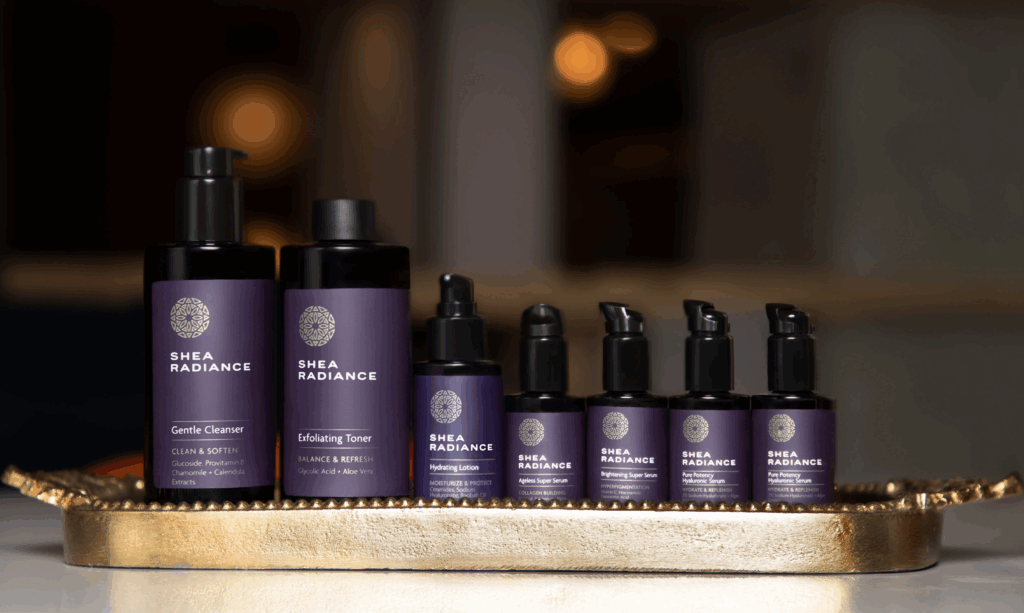
Shea Radiance produces skincare products from shea sourced from women farmers in northern Nigeria. RSF’s loan ensures that this woman-led business can invest in those farmers’ success by paying them in full and on time.
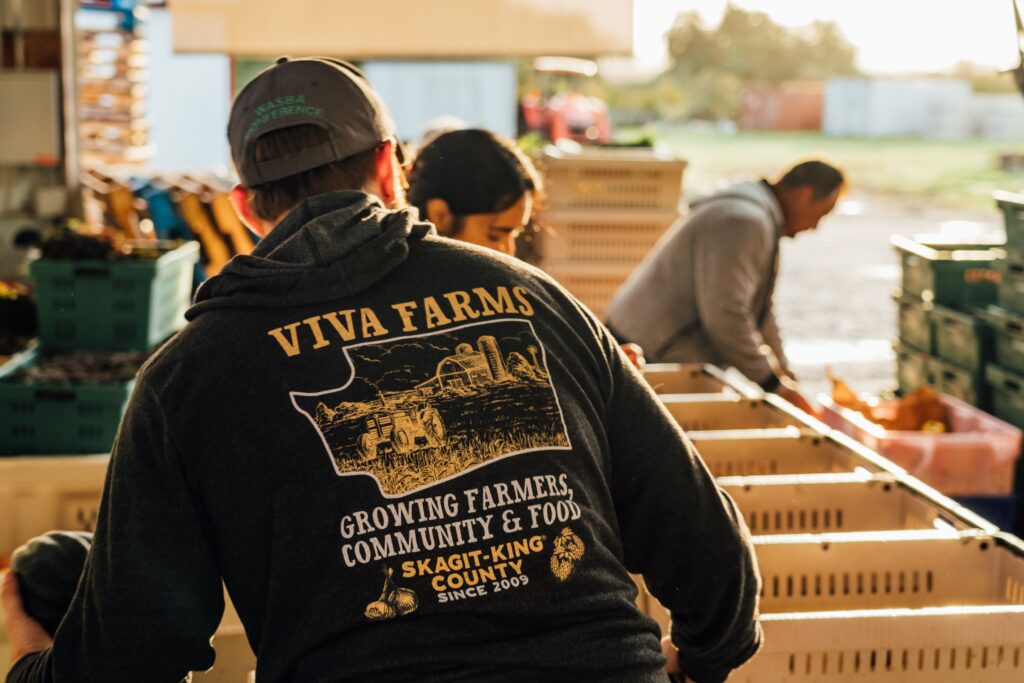
Viva Farms
Viva Farms is a nonprofit farm business incubator based in Burlington, Washington, dedicated to supporting aspiring and limited-resource farmers in launching sustainable agricultural businesses. Since 2009, the organization has provided bilingual training in organic farming practices, along with access to certified organic land, infrastructure, equipment, marketing support, and capital.
By offering these comprehensive resources, Viva Farms empowers new farmers to overcome barriers such as land access and financial constraints, fostering a more equitable and resilient local food system. RSF financing helped Viva Farms purchase the land where they operate their farm incubator and other programs.
Viva Farms and the farmers they support cultivate a variety of organic crops, including strawberries, raspberries, broccoli, carrots, and more.
- Join the Viva Farms CSA (Washington only)
- Buy from a local store (see carousel at bottom of the linked page)
Former borrowers
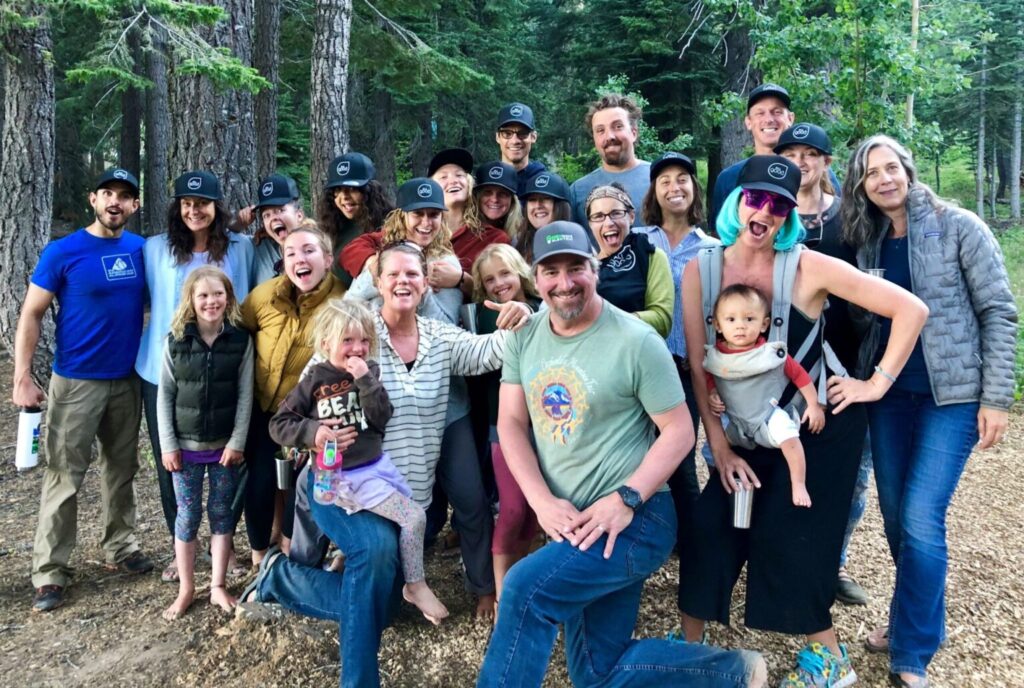
All Good
All Good’s mission is to make environmentally friendly body care products that prove humans and nature can live in harmony. Committed to sustainability, the company operates from a restored permaculture farm in California and utilizes organic, non-GMO ingredients.
As a Certified B Corporation and member of 1% for the Planet, All Good donates 1% of its sales to environmental causes and emphasizes eco-friendly practices in its operations. A line of credit from RSF ensured that this social enterprise always had money available to support a growing inventory and meet consumer demand for their all-natural products.
All Good offers organic body care items such as lip balms, zinc sunscreens, and lotions.
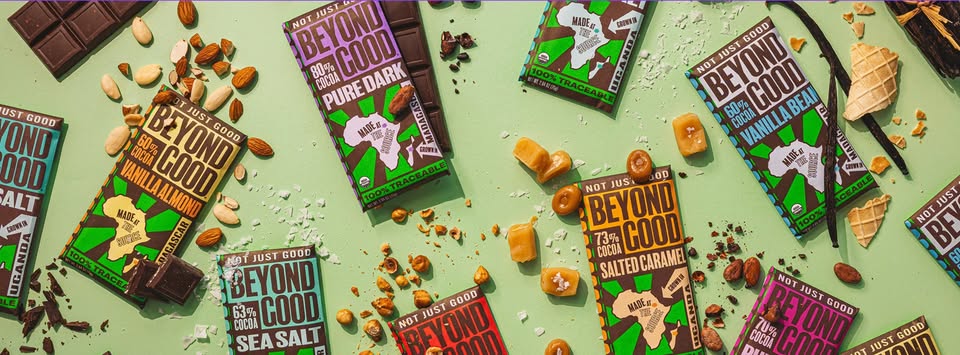
Beyond Good
Beyond Good is a Brooklyn-based chocolate company revolutionizing the industry by producing its chocolate at the source in Madagascar and Uganda. By manufacturing locally, they eliminate middlemen, allowing cocoa farmers to earn significantly more than the industry average and ensuring a fully traceable supply chain.
Their commitment to sustainability extends to environmental practices; farmers engage in agroforestry, cultivating cacao alongside diverse plant species to promote biodiversity and combat deforestation. Beyond Good’s approach not only delivers high-quality, single-origin chocolate but also fosters economic growth and environmental stewardship in the communities they serve. RSF offered the business credit that they weren’t able to find from traditional banks, and introduced the co-founders to CEOs at larger fair trade food companies who were willing to share their experiences.
Beyond Good offers a delicious line of ethically sourced vanilla and chocolate.
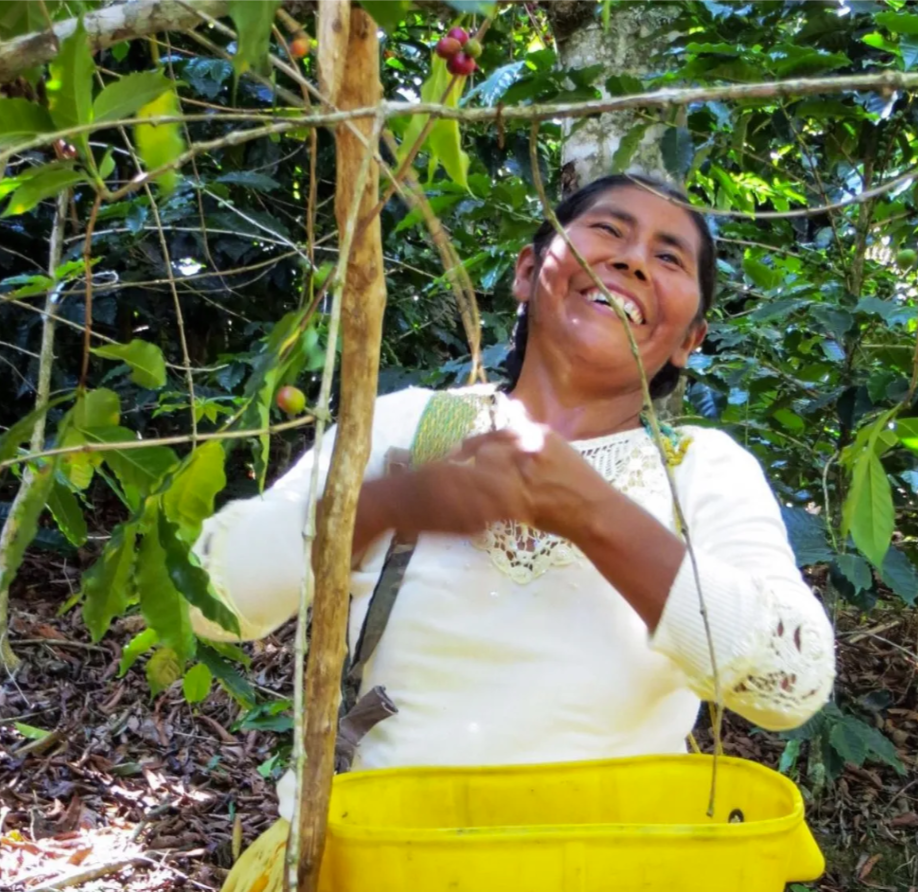
Cooperative Coffees
Cooperative Coffees is a green coffee importing cooperative that partners directly with small-scale farmers to promote fair trade and sustainability. By paying premium prices—often above market rates—the cooperative ensures farmers receive equitable compensation.
It invests in community projects, climate resilience initiatives, and sustainable farming practices, aiming to create a transparent and just coffee supply chain that benefits both producers and consumers. For many years, a line of credit from RSF ensured that Cooperative Coffees had sufficient working capital to purchase green coffee from cooperatives around the world at the time of harvest.
Cooperative Coffees supplies green coffee beans to a network of independent roasters who uphold fair trade and sustainability principles.
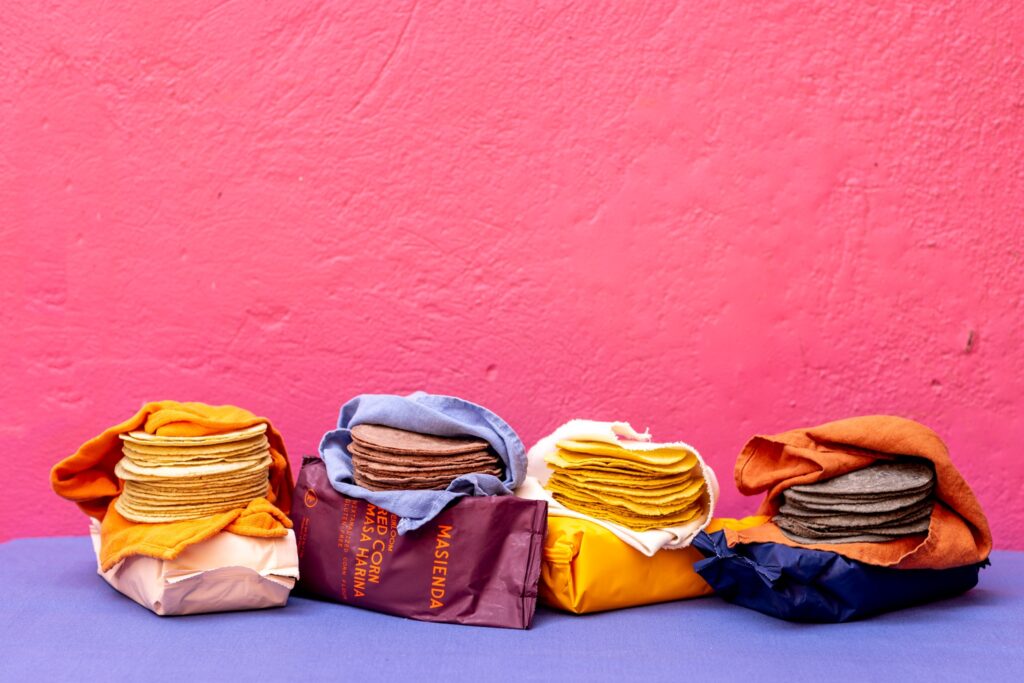
Masienda
A combination of the Spanish words masa (dough) and tienda (store), Masienda’s mission is to build a premier masa purveyor around the principles of equitable farming, ancestral techniques, and delicious recipes.
They’re determined to apply the principles of third-wave coffee and chocolate and farm-to-table restaurants to one of the world’s great staple crops, ensuring a delicious product grown in a way that’s fair to farmers and regenerative for the earth. RSF financing helped ensure the company had steady access to working capital that it used to pay the farmers it sources from in Mexico.
Masienda sells several varieties of heirloom masa as well as salsas, heirloom beans, tortillas, cooking accessories, and a cookbook.
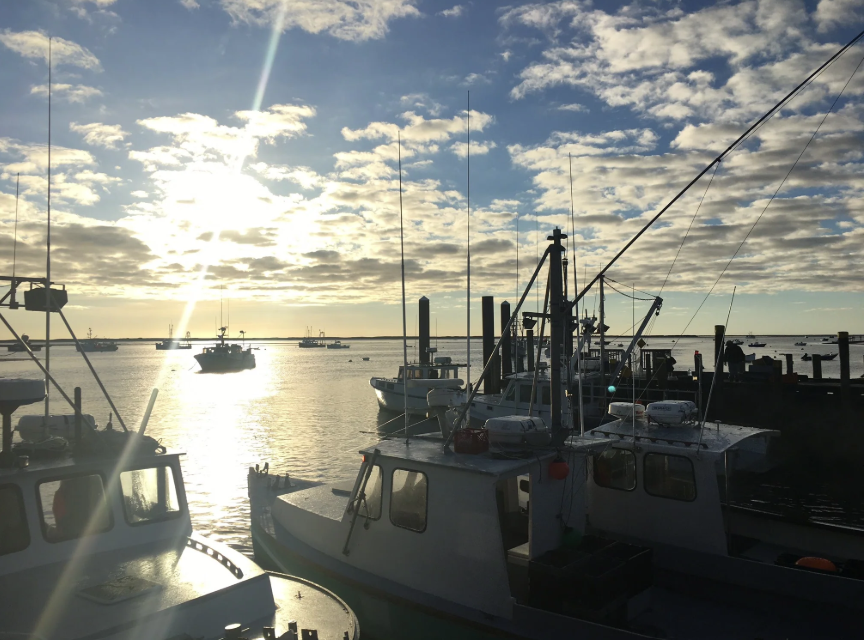
Sea to Table
Sea to Table is a sustainable seafood company that connects consumers directly with small-scale American fishers, delivering wild-caught, traceable seafood to your doorstep. Their commitment to sustainability is evident in their sourcing practices – only partnering with fisheries that use responsible, eco-friendly methods – and in their eco-conscious packaging, which utilizes biodegradable materials like recycled denim insulation.
RSF provided this borrower with a line of credit that ensured they always had cash on hand to purchase seafood directly from sustainable fisheries. By eliminating middlemen, Sea to Table ensures freshness, supports local fishing communities, and reduces the environmental impact of seafood consumption.
Their offerings include a variety of high-quality seafood products, such as wild Gulf shrimp, Alaskan salmon, and Maine lobster tails, all flash-frozen at peak freshness and labeled with catch location and date for full transparency.
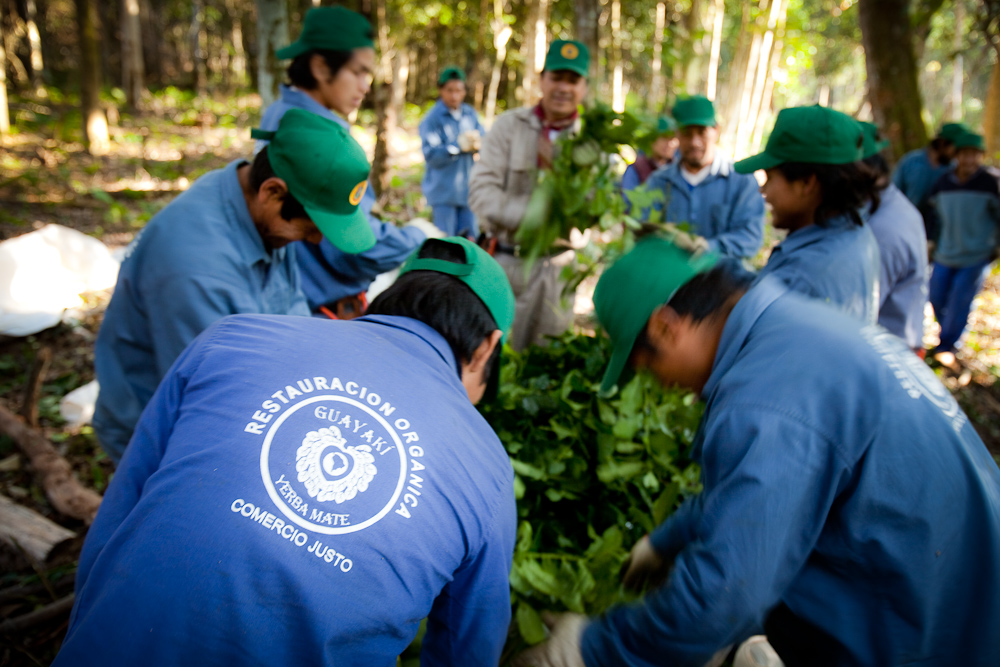
Yerba Madre (Guayakí)
This yerba mate company is deeply committed to empowering indigenous farming communities and promoting sustainable farming practices. Yerba Madre’s operations are powered significantly by renewable energy, and the company holds Fair Trade certification, reflecting its dedication to ethical sourcing and environmental stewardship. RSF was a long-term lender to Guayaki, until in January 2023, Guayakí Yerba Mate raised $75 million in an equity funding round, which enabled them to pay off the RSF debt as they continued to scale and grow.
Yerba Madre sells canned and loose leaf tea and mate products and accessories.
